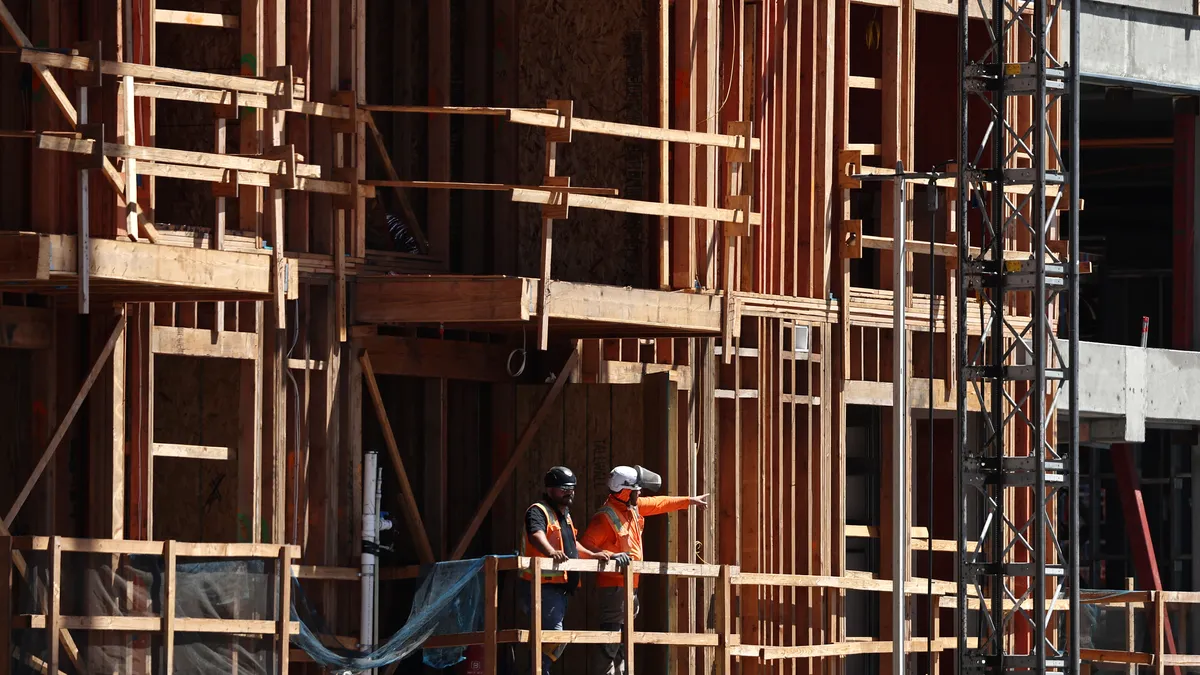Dive Brief:
- The first five cities chosen to participate in the 100 Resilient Cities Equality Indicators program, in partnership with the CUNY Institute for State and Local Governance, have completed their strategies for addressing inequality and inequity among residents. The strategies are based on reports each city completed or is in the process of finalizing, which will be updated yearly.
- Through the program, Dallas; Oakland, CA; Pittsburgh; St. Louis, MO; and Tulsa, OK developed their own metrics for measuring and tracking their progress toward greater equality and equity. Each has an overall equality score comprised of individual scores for different local factors measured throughout the city.
- The cities will present their final scores and overall findings at a conference in September.
Dive Insight:
Equity and equality are different concepts that go hand-in-hand. Equality is treating everyone the same, and equity is a strategy in which every person is given the specific tools they need to be successful. For example, equality is providing all students in a school system exactly the same resources, whereas equity is giving students in a low-income area different, additional resources to help them reach the same level of success as well-off students, thereby narrowing the achievement gap.
City leaders increasingly are focusing on both equity and equality in society. Those entering the smart city space especially are encouraged to examine those factors to ensure the equitable distribution of innovations and resources throughout a community and avoid creating or widening a digital divide.
Recent studies have cautioned of growing equity and equality disparities in communities throughout the U.S. and how that could have a destabilizing effect on cities. A World Economic Forum report highlighted concerns about income gaps, and a National League of Cities (NLC) report also noted the widening income gaps in addition to disparities in racial equality.
Nonprofit groups and philanthropic organizations are stepping up efforts to help cities identify and overcome inequity and inequality. They recognize that about two-thirds of the population is expected to live in an urban area by 2030, and de-stabilization could cause chaos and the downfall of many cities. Among the programs taking on the issue are the NLC's Cities for Racial Equity and Racial Healing Technical Assistance Initiative, in addition to 100 Resilient Cities' Equality Indicators program.
The beauty of the Equality Indicators program is that it takes into consideration that each city is unique and no two cities suffer from exactly the same equality and equity issues. With guidance, the cities developed their own localized metrics to procure and analyze data and identify the areas where they could use the most improvement. Topics such as access to transportation, public parks and public health primarily relate to inequity, while others like justice and racial disparities more relate to inequality.
The cities involved in the program are taking participation seriously. For example, Dallas unveiled "Resilient Dallas," which outlines 20 initiatives with actions for residents, city government and partners. The plan is organized based on seven goals, which include fostering equity in city government, increasing underserved residents' economic mobility and investing in infrastructure in underserved communities.
For months, Tulsa leaders have been very vocal about creating their Equality Indicators report and identifying areas for improvement. The city scored 38 out of 100 on the Race and Employment indicator, and 20 out of 100 on the Race and Officer Use of Force indicator. Tulsa's overall score is 38.9. Mayor G.T. Bynum — who is earning a reputation for pushing strategy shifts on things that aren't exactly working for the city instead of sticking to status quo — plans to use Tulsa's new strategic framework to advance the city's resilience and track progress annually. Bynum is also known for his focus on using data to identify and address problems, which is the overall strategy for the Equality Indicators program.











